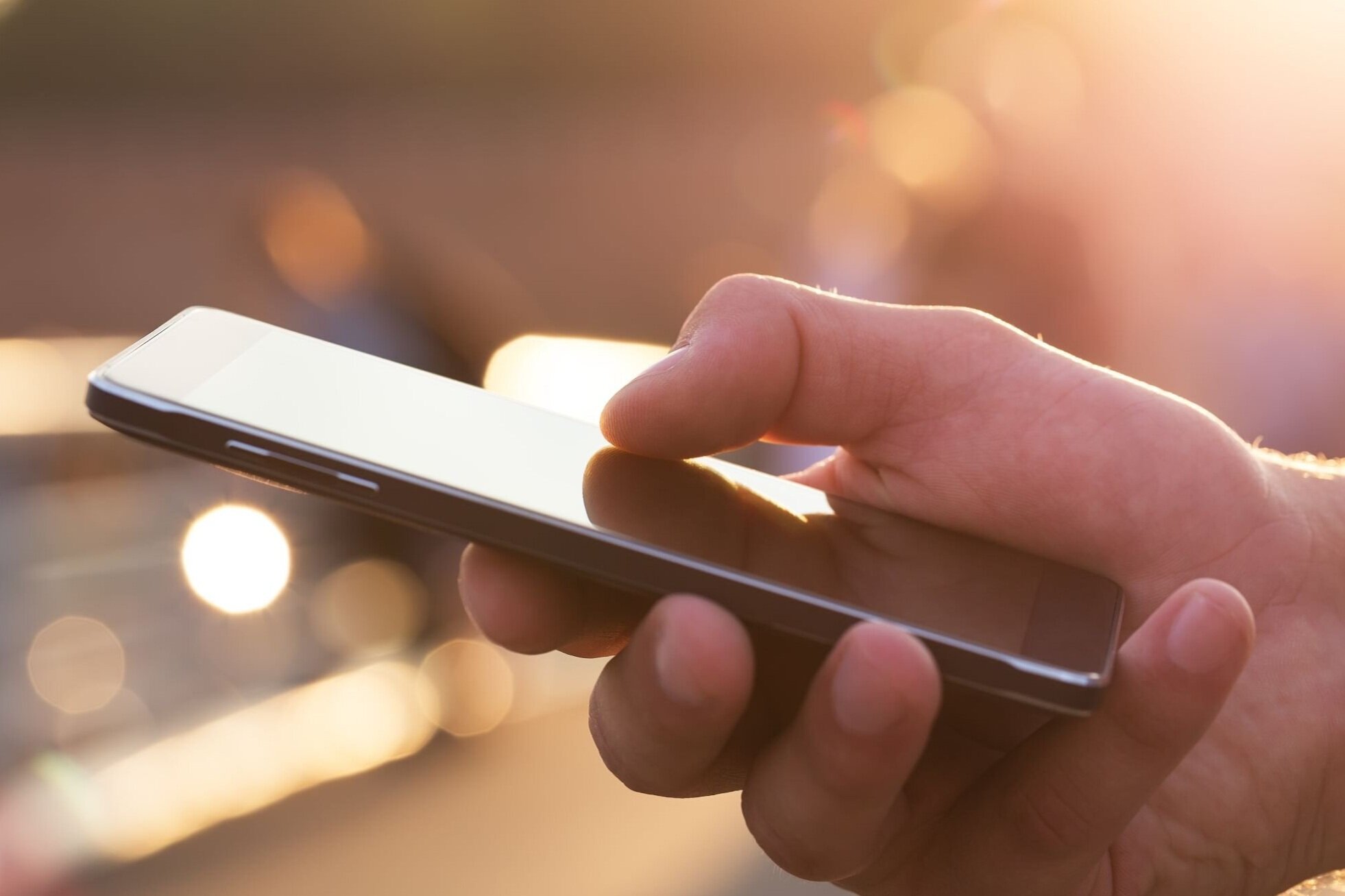Worried About Your Social Media Use?
With the lack of certainty today, it is not surprising that we often don’t feel we have control over our lives. This is troublesome because a sense of control is an essential component of what it means to be human. We will go to great lengths to gain this sense of control, even if it means engaging in non-productive or unwanted behaviors. That’s because a lack of a sense of control results in emotional discomfort and a strong desire to regain a feeling of control. Furthermore, experiencing a low sense of control for extended periods can result in anxiety and contribute to maladaptive coping strategies. Previous research shows that these maladaptive coping strategies include eating disorders and drug and alcohol abuse (Apaolaza et al., 2019). Recent research indicates that excessive social media use should also be added to the list of maladaptive coping strategies.
We are drawn to social media because it reduces our anxiety by giving us a temporary feeling of control (Atroszko et al., 2018). For example, on social platforms such as Facebook, we can temporarily escape negative emotions by deciding who we interact with and how we present ourselves. This gives us the illusion of control lost in the real world (Ryan et al., 2014). Unfortunately, positive online experiences can also contribute to developing a close emotional bond to social media and a strong need to stay online more and more (Brailovskaia et al., 2020).
If you think you might be using social media excessively, consider these typical characteristics of addictive social media use:
Frequent thinking about content on social media
Spending more and more time scrolling through content
Noticing a mood lift when engaged
Unsuccessful attempts to reduce usage
Feeling uncomfortable and nervous without social media
Interpersonal problems caused by social media use
IDEAS TO HELP
Here are a few ideas to consider if you would like to reduce your reliance on social media.
Find a physical activity that you can do to distract you from engaging in social media. Consider activities that you can do anytime, even if they are for short periods of time. Just a few minutes will help reduce your anxiety and give you space to consider the urge to engage in social media.
Set a time limit for use. As you consider what would be an appropriate amount of time, estimate how much time you spend currently. You may have more success if you reduce usage over time and not go “cold turkey.”
Consider triggers for your social media use. Take a moment to reflect on when you are more likely to engage in social media. For example, do you engage when you are bored, stressed, or perhaps when you are frustrated? Once you discover your triggers, establish an “if/then” plan. If/then planning is a technique that leverages the “laziness” of the brain to form healthy habits. This process transfers behavioral control from you to the environment or situation. For example, “When I feel stressed and have the urge to scroll through my social media, then I will take a few slow, even breaths to reduce the urge.”
If you would like more ideas on managing your social media usage or reducing your dependence on your electronic devices, take a moment to review these brief exercises.
References
Apaolaza, V., Hartmann, P., D'Souza, C., & Gilsanz, A. (2019). Mindfulness, compulsive mobile social media use, and derived stress: The mediating roles of self-esteem and social anxiety. Cyberpsychology, Behavior, and Social Networking, 22(6), 388-396. doi:10.1089/cyber.2018.068
Atroszko, P.A., Balcerowska, J.M., Bereznowski, P., Biernatowska, A., Pallesen, S., & Andreassen, C.S. (2018). Facebook addiction among Polish undergraduate students: Validity of measurement and relationship with personality and well-being. Computers in Human Behavior, 85, 329-338. doi:10.1016/j.chb.2018.04.001
Brailovskaia, J., Teismann, T., & Margraf, J. (2020). Positive mental health mediates the relationship between Facebook Addiction Disorder and suicide-related outcomes: A longitudinal approach. Cyberpsychology, Behavior, and Social Networking. doi:10.1089/cyber.2019.0563

